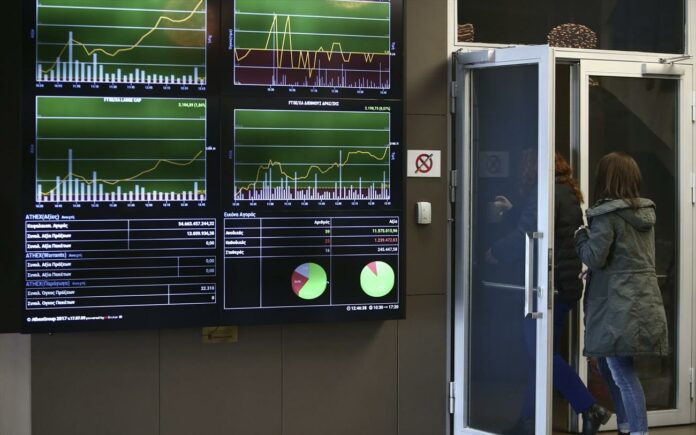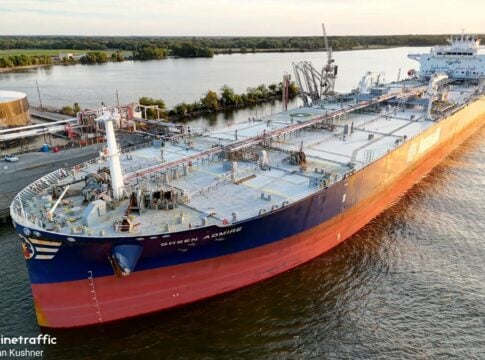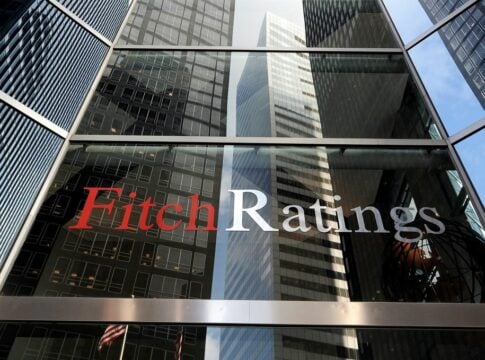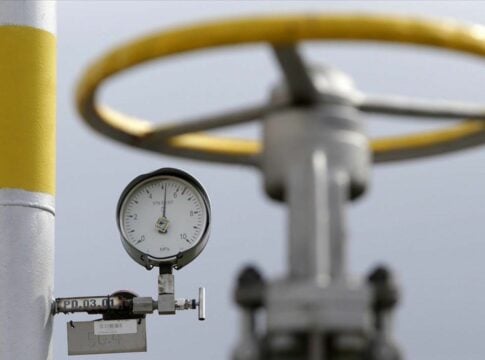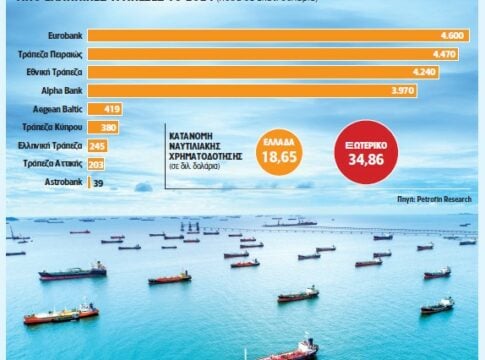By G. Sakkas & J. Kanoupakis
Lost capitalization on the Athens Stock Exchange (ASE), since the beginning of the economic crisis in Greece, some eight years ago, has reached 28.5 percent, or 20 billion euros in absolute terms.
At the same time, the shares of 83 listed companies have been removed from the ASE’s “big board”, whereas only six new companies joined the Greek bourse in the meantime.
Since the beginning of 2010 and until Monday, when the third (and last) bailout officially ended, the ASE’s general index has lost 61 percent.
During the same period, ASE-listed companies drained roughly 60 billion euros in capital from the stock market, although three-fourths of the figure (45 billion euros) came from three successive recapitalizations of Greece’s four systemic banks.
Bank shares on the ASE, as of this week, have a total capitalization valued at 7.2 billion euros, a far cry from the tens of billions funneled into the domestic banking system during the crisis years to keep the sector afloat.
On the retail front, more than 100,000 SMEs closed between 2010-2012, resulting in the loss of 500,000 job spots, according to the Hellenic Confederation of Professionals, Craftsmen & Merchants (GSEVEE).
The same figure between 2008 and 2016 is exactly 244,714 SMEs closing, without reference to the reason for the closure, i.e. poor sales, the retirement of the owner, bankruptcy, downsizing etc.
Out of 858,685 total business entities in Greece in 2008, according to EU Commission statistics, 613,973 remained in 2015. The net loss in jobs exceeded 842,000. The closing of mid-size to larger companies in the country over the crisis years reduced added economic value of more than 30 billion euros.


